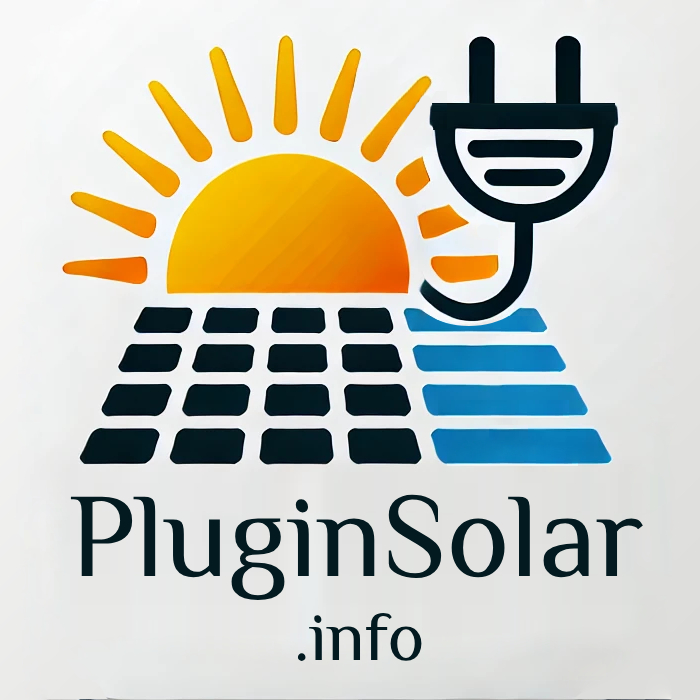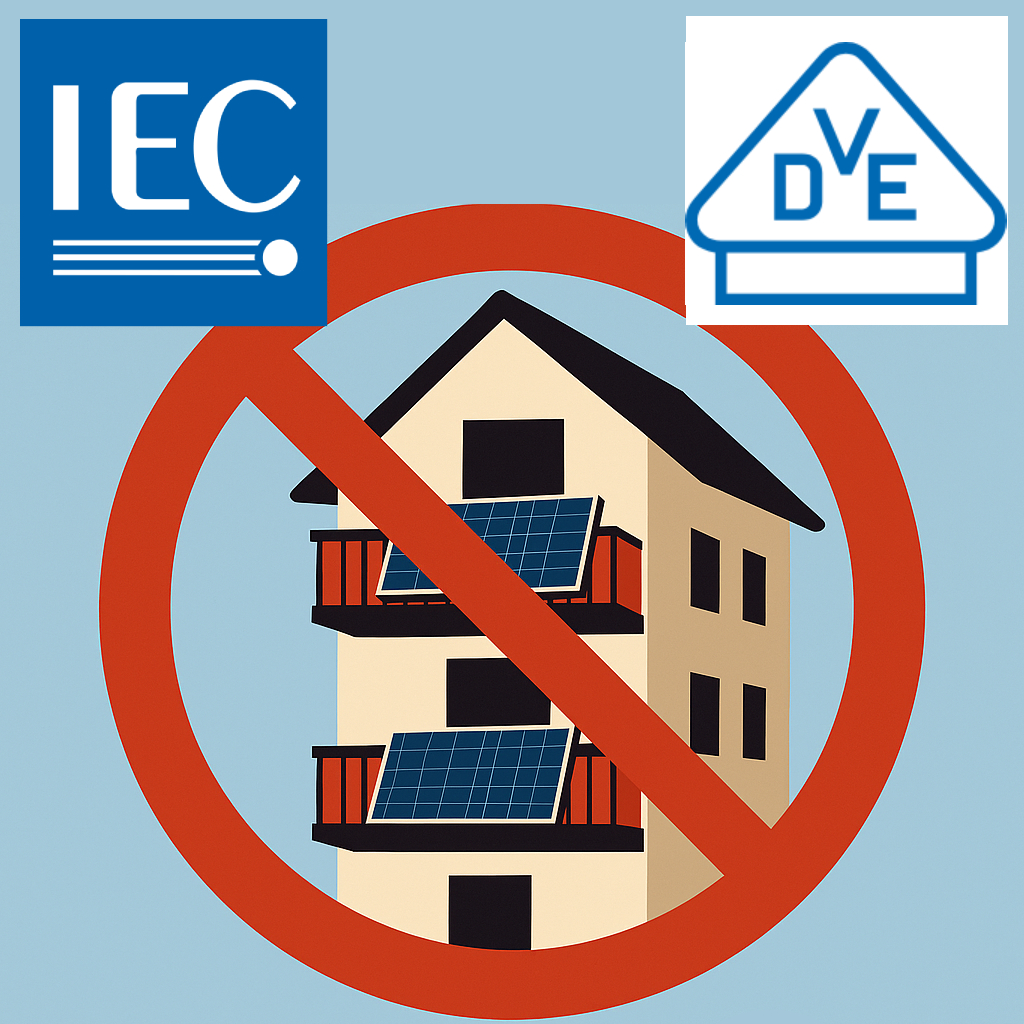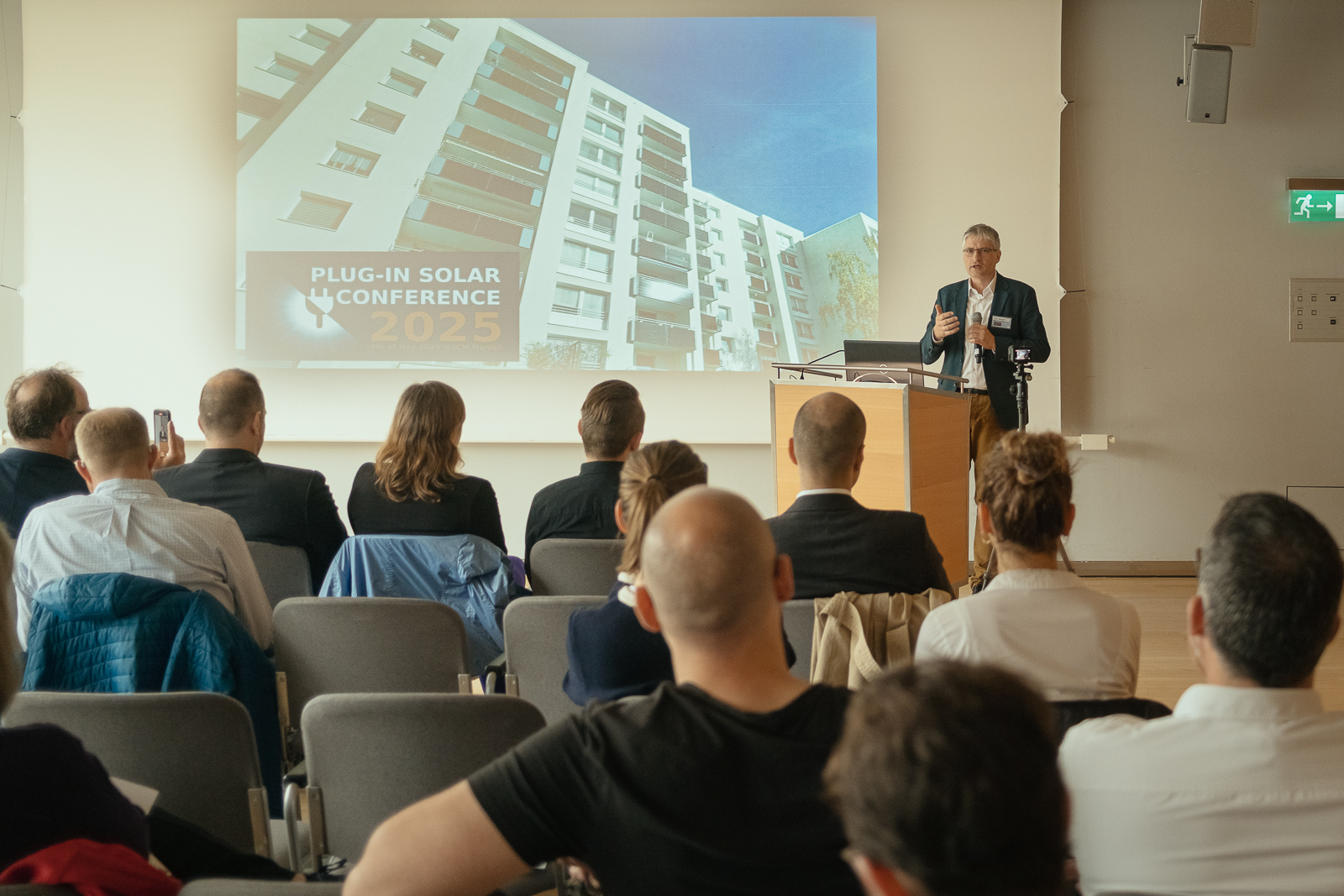
The end of the current legislative period is approaching rapidly in Germany. This is evident from the German federal government’s intense activity in publishing new draft laws and amendments. As with anything rushed, these are often not fully developed and sometimes quite problematic. This is partly due to the fact that, in the haste, proposals from interest groups are no longer thoroughly scrutinized. While this cannot be definitively proven for the planned changes to the current energy legislation package of the German ministry of economics and climate protection, one thing is certain: they definitely did not come from advocates of community-based renewable energy.
Regarding the upcoming adjustments to energy laws according to a draft, titled ‘Entwurf eines Gesetzes zur Änderung des Energiewirtschaftsrechts im Bereich der Endkundenmärkte, des Netzausbaus und der Netzregulierung‘ significant improvements are still needed, particularly in relation to balcony solar storage systems. Specifically, the planned adjustements does not yet include equal treatment with plug-in solar devices, a zero tax rate, and promotion through variable grid fees for grid-supportive use. But not just that: Recently, new adjustments to the draft have been made, that are raising a host of new problems:
Compensation Freeze During Negative Electricity Prices
The draft now proposes changes to the Renewable Energy Act (EEG), under which all new PV systems over 2 kWp (i.e., all except plug-in solar devices) will no longer receive compensation if the electricity market price is negative. This measure aims to address the rising costs for consumers due to negative electricity prices, a result of successful solar expansion combined with a lack of digitalization and grid flexibility by grid operators.
The draft allows for the possibility of retroactively paying out missed compensations at the end of the system’s service life. However, this option undermines the supposed ‘incentive’ created by the compensation cut to make solar systems more grid-supportive through sufficiently large storage systems. Additionally, it shifts the costs to future generations, as the payout occurs after the 20-year support period. This approach is far from sustainable.
A better and much fairer alternative would be a positive incentive through reduced or even negative grid fees for grid-supportive feed-in, as already proposed for small storage systems with or without PV. This encourages the purchase of private storage systems and their intelligent management, making financial sense. Moreover, it ensures the continued expansion of solar energy as required. Adjusting compensation rates instead would likely discourage many from pursuing solar projects – an insight based on past experience.
Adjustment of Metering Fees
The draft also proposes raising the price caps for electricity meters under the Metering Point Operation Act (MSbG). Compared to the fees set by law in 2023, the costs for a smart meter for PV systems will increase significantly. Furthermore, a requirement for grid operators to control all systems over 2 kWp (again, excluding plug-in devices) is supposed to be introduced. The fee for the necessary technology adds further substantial costs.
Households with an annual consumption of 6,000 to 10,000 kWh and no PV system – typically homeowners with an electric vehicle and/or a heat pump who presumably do not rely on direct subsidies – are now to be exempt from the obligation to install smart meters. Under the new draft, operators of PV systems can avoid the requirement to install smart meters and the accompanying control mechanisms – and thus the associated higher fees – by ensuring zero feed-in, meaning the system automatically reduces output when production exceeds consumption or storage capacity.
Misguided Incentives
This approach sends entirely the wrong signals! It encourages new systems to focus solely on self-consumption and thus to be built smaller, rather than promoting grid-supportive feed-in of surplus energy. This undermines the possibility of a decentralized renewable energy supply that benefits everyone. Furthermore, it neglects the importance of decentralized storage systems, which could make a much more meaningful contribution to grid stability than the mass curtailment of small rooftop solar systems.
An Added Penalty
What’s particularly frustrating is that anyone wanting to install a smart meter earlier than the grid operator mandates will face a one-time additional fee of up to €100. For annual consumption below 10,000 kWh – and/or for operating a balcony power plant -, there will also be an ongoing annual fee of €30. This effectively penalizes those who want to integrate into the future energy system early.
Slower Rollout
To make matters even worse, the draft proposes slowing down the rollout of modern and smart powermeters. Under current law, connections with a consumption of over 100,000 kWh and/or PV systems with 100 kWp capacity are to be equipped by 20% by the end of 2028, 50% by the end of 2030, and 90% by the end of 2032. All other metering points are to reach 20% by the end of 2025, 50% by the end of 2028, and 95% by the end of 2030. Instead, the new plan starts sluggishly: only new systems from the past year or two will be equipped initially, with an abrupt acceleration starting in 2028 to equip nearly all remaining connections within four years. Anyone familiar with marathon strategy knows that saving a sprint for the end is a poor plan.
What About Plug-in Solar Systems?
Classic plug-in solar devices as defined by the German Renewable Energy Act (2 kWp, 800 VA) are not affected by these changes, but variants with add-ons like storage or so called ‘Stromwächter’ (This litterally translates as ‘powerguard’, a control box which makes sure that even with above 2kWp/800W of Energy feeding directly into the home circuit, that circuit can not overheat. It also keeps the feed-in to the grid below 800 Watts) are. For instance, there has been no alignment of rules for plug-in storage systems with those for plug-in solar devices, no regulations introduced for grid-supportive use of small storage and combination devices, and no exemptions made for devices with ‘Stromwächter”. The increased meter and control fees could severely impact the economic viability of such devices, especially the latter.
This Draft Cannot Go through Parliament as Is!
A German Initiative (AG Balkonkraftwerk) has already devised a strategy to address the problems (which this draft attempts to tackle through unnecessary hurdles) with a more sensible (and profitable) integration of citizens.
Their solution involves a legally guaranteed offer from grid operators to make grid-supportive use of storage systems profitable through variable grid fees. The already existing option of grid providers controlling consumption devices (according to §14a of the German Energy Ecomony Act (EnWG)) falls short in that regard, as it does not allow for many small storage systems to collectively absorb generation peaks during surplus periods and feed back into the grid during shortages. This is technically feasible today with a wide range of devices. What’s missing are the legal frameworks. The specifics of such a framework are currently being worked out by the initiative.
The rising number of renewable energy installation world wide makes the integration of decentralized storage highly necessary and a precedent from Germany can help facilitation its implementation in other countries as well.






